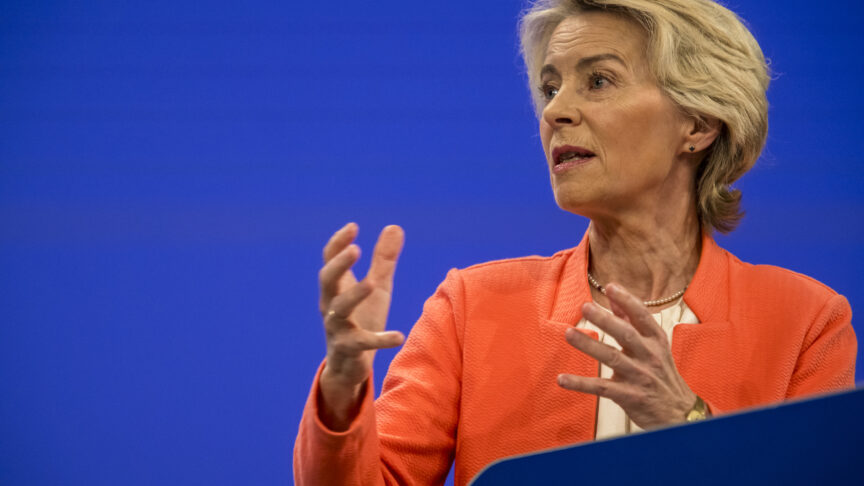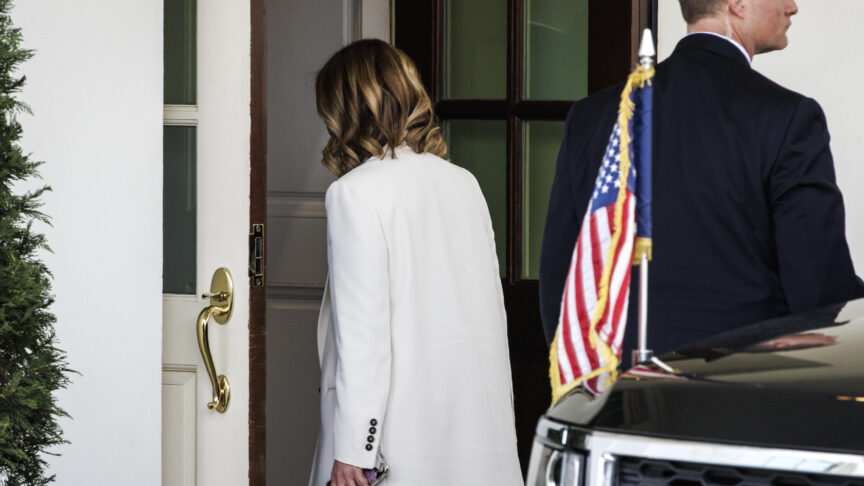Putting China in its place: Britain prepares to sack Huawei
Whatever good reasons the British government may have to reverse its position on Huawei, the key factor has been a rebellion on its backbenches and a mood of righteous indignation about the behaviour of Xi Jinping’s China.
Britain, it seems, is about to exclude Huawei from its telecoms infrastructure. The right decision, no doubt – but at the wrong time, and for some of the wrong reasons.
Only last January, Prime Minister Boris Johnson’s new government reaffirmed that Huawei was welcome to participate in the roll-out of 5G – with national security safeguarded by excluding the firm from the network’s “core”, and by capping its participation at 35 per cent. Now, an imminent decision is expected to exclude Huawei from 5G entirely, and perhaps even to strip the company’s equipment out of existing infrastructure. This reversal, we are told, is a consequence of the latest US sanctions on Huawei, which will deny the company the use of technology reliant on American intellectual property. Britain’s national security authorities have apparently concluded that, in this situation, they will no longer be able to provide assurances that it is safe to use Chinese-made equipment in the UK telecoms network.
Only an expert, and certainly not I, can evaluate the technical argument. But it is hard not to feel that the British are only belatedly saving themselves from a dangerously complacent mistake. The importance of data to the future power and wealth of nations can hardly be overstated. Nor can the speed and scale of China’s development of technology, or the ruthlessness with which it is ready to deploy its cyber capabilities. Managing without Huawei will add cost and delay to 5G roll-out – but it will also give the United Kingdom a chance to resurrect key strategic industrial capabilities that it should never have allowed to lapse.
That said, this could hardly be a worse moment to start a new fight with the Chinese. Anglo-Chinese relations are already combative, as a result specifically of China’s brutal assault on Hong Kong’s autonomy, and more generally of the bizarre “wolf warrior” posture that President Xi Jinping’s regime has chosen to adopt towards the rest of the world as the coronavirus pandemic has taken hold. It is unclear why the wolf chose this moment to discard the last of its sheep’s clothing. But it is certainly an unhelpful background against which to try to take a step that the Chinese ambassador in London has suggested will amount to treating China as an “enemy”.
For the fact is that Britain, like the rest of the world, stands in continuing need of access to Chinese markets and carefully regulated Chinese investment if it is to mitigate the coming pandemic-driven economic collapse. Britain, indeed, even more than the rest of the world – given that the whole Brexit gamble was predicated on replacing European trade with closer commercial relations with more distant economic centres, China in particular. Defying China will be psychologically gratifying, but it will come at a cost.
There is a range of international issues on which Western countries have little choice but to try to work constructively with the Chinese – pandemics and global heating, to name but two.
Nor is this simply a matter of national economic self-interest. There is a range of international issues on which Western countries have little choice but to try to work constructively with the Chinese – pandemics and global heating, to name but two. Again, the spotlight falls particularly on Britain at this moment, given its chairmanship of the United Nations’ next Climate Change Conference. If there was ever a moment at which London needed to handle its relations with Beijing soberly and carefully – combining a clear-eyed view of the nature of the Chinese regime with efforts to compartmentalise specific issues of contention, and to minimise exposure by acting in concert with allies and partners – this is it.
But that, alas, is not the prevailing British mood. Whatever good reasons the government may have to reverse its position on Huawei, it is clear that the key factor has been a rebellion on its backbenches, as the rank and file of the governing Conservative Party talks itself into a mood of righteous indignation about the behaviour of Xi’s China. It is almost as though this is the first moment at which the true nature of that autocratic, ruthless, and boundlessly ambitious regime has been revealed to them.
This, indeed, feels like a summer of revelations, with a concomitant mood of recklessness in the air. As the spending taps are turned on in (inevitable) response to the virus-induced seizure of the economy, fiscal prudence seems suddenly the misguided preoccupation of another era. Debt, we have realised, no longer matters; economic consequences denominated in anything less than hundreds of billions of pound have lost the power to frighten.
And now that the UK’s past greatness has been restored by freeing itself from the European Union, it is surely only right that the country should again have the courage to stand tall. As Foreign Secretary Dominic Raab made clear in introducing the UK’s new Global Human Rights Sanctions Regime (known as the “Magnitsky Act”) to an approving Parliament, a “dynamic new vision for a truly Global Britain” will ensure that it will “hold to account the perpetrators of the worst human rights abuses”. And the country shall do so without fear or favour – witness the inclusion of 20 Saudis on the first list of sanctioned individuals (Saudi Arabia has for decades been the principal destination of UK arms exports).
This is all heady stuff, whilst the normal laws of political and economic gravity seem to be suspended. “At last! The end of the age of appeasing Beijing bullies”, as the Daily Mail greeted first indications of the Huawei reversal. But the paper can be reliably expected to feel differently when the bills arrive – or, perhaps more pertinently, the new contracts and trade deals don’t.
Britain, “Global” or otherwise, needs to be ready to stand up for itself, and work with its allies to uphold Western values. But the handling of difficult and highly consequential strategic issues such as the Huawei decision needs the greatest care. It is unlikely to go well if undertaken in a flush of reckless self-righteousness.
The European Council on Foreign Relations does not take collective positions. ECFR publications only represent the views of their individual authors.


